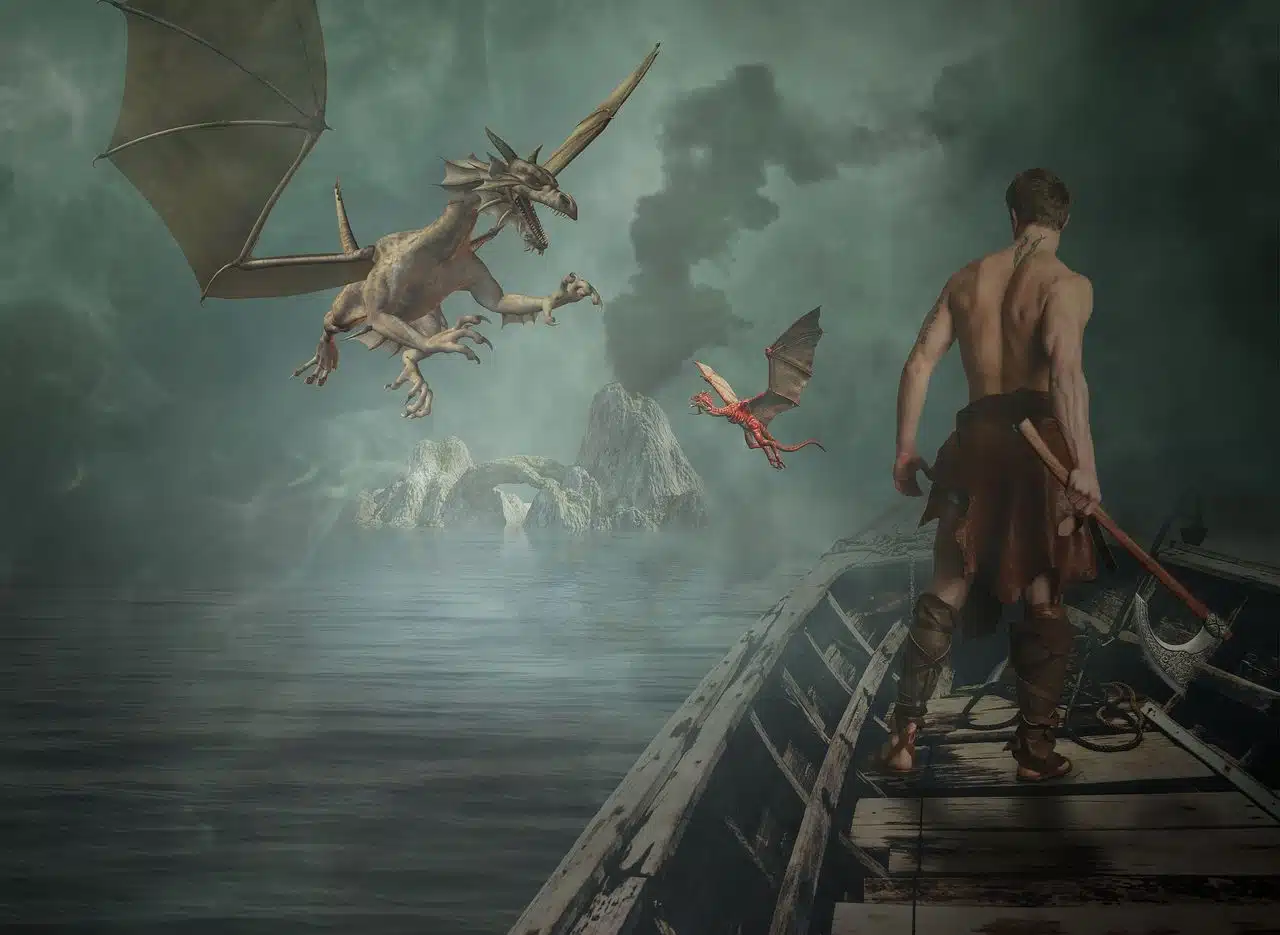
Anthropology, ethnology and sociology study various aspects of legends.
Legend is a term whose etymology takes us to the word legenda , which belongs to Latin. Legenda can be translated as that which "must be read" : therefore, in its origin, a legend was a narrative that was captured in a written text so that it could be read publicly, usually within a church or other religious building. .
Legends are not characterized by narrating real events with rigor and accuracy , but rather their purpose was to highlight a spiritual component or an intention associated with morality and good customs.
History advanced and the idea of legend began to be linked to a narrative, whether written or oral, that is exhibited as true (by being based on reality) but that includes certain components typical of imagination and fiction . Legends are transmitted from generation to generation, which makes it possible for them to be modified according to the social context and the time.
Legends and culture
A legend, in this way, allows us to explain and support a certain culture . It is always linked to a character, a geographical space or a specific object, and shows how said specific element is integrated into the history or daily life of the community.
Taking into account all of the above, it is necessary to make it clear that there is not a single type of legend but rather several categories of it that are characterized or defined basically by the theme around which they revolve. In this way, we could emphasize that there are legends of a historical, mythical, religious nature, eschatological ones that refer to the world of the dead or so-called etiological ones that explain various phenomena related to nature.

Spirits and deities may appear in a legend.
Main features
Legends share characteristics with myths , fables and even stories . Heroes and villains often appear in their narrative and confront each other under different circumstances.
Some type of moral usually emerges from these confrontations since, generally, teachings underlie legends. A popular story of this kind may use allegories and symbols to fulfill its didactic or instructive purpose.
Although they are sometimes presented as manifestations of true events, legends often include magic and elements from the world of fantasy and the supernatural . That is why characters such as zombies , giants , elves , nymphs , werewolves , mermaids , ghosts and dragons can appear in these texts.
Beyond literature (oral and written), other artistic expressions also contribute to the dissemination of legends, such as music, dance and painting . Even a celebration, a party or another kind of ceremony can help spread legends.

Tragedy, drama and epic coexist in many legends.
The legend of El Cid
Thus, for example, with respect to historical legends, it is worth highlighting the one that revolves around the figure of Rodrigo Díaz de Vivar , better known as El Cid, which states that he won a battle after he died. Oral tradition has carried to this day the story of El Cid 's troops, who had to carry out a war after his death. The news of the knight's death aroused the joy of his rivals, who were completely sure of their victory.
However, El Cid 's army decided to play its cards and placed the leader's corpse on his horse. Hence, when the battle took place and the soldiers on the opposing side saw that El Cid was present in the fight, they thought that even dead he was still fighting, so they fled in terror. For this reason it is said that he won a battle already deceased.
The legend of El Cid has transcended eras and borders. An example of this is that, since 1935 , a monument located in the Caballito neighborhood in the City of Buenos Aires ( Argentina ) remembers this gentleman.
Robin Hood
Another of the world-famous legends is the story of Robin Hood , belonging to English folklore.
According to legend, Robin Hood lived in the Sherwood forests in the time of Juan Sin Tierra , dedicating himself to robbing the richest to distribute the loot among the poorest peasants. Historians found several subjects with similar names, but were never able to prove the historical existence of Robin Hood .
Robin Hood was first mentioned in a text in the 14th century . Since then, this archetypal character has starred in numerous books, magazines, films, plays and even video games. Hollywood stars such as Kevin Costner and Russell Crowe have played this vigilante in different film productions.
Another use of the term legend
In addition to all of the above, we also have to make it clear that the concept of legend is used in another way.
Legend is frequently used to refer to the texts that accompany tables, maps or diagrams where part of their meaning is explained .
